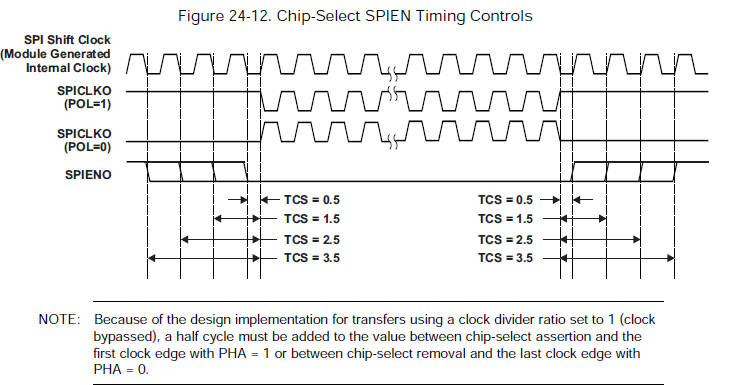Hello,
Using the built-in SPI driver on Beaglebone Black, there is 5us gap between when chip select (CS) asserts (goes low) and when SCLK and DIn/DOut start clocking data. It is all working fine, BUT from what I understand from the Sitara documentation, the delay is unnecessary and it will kill my SPI bandwidth. And I am unable to set and hold CS low over multi-word transfers, because the target device (a TI ADS7920) uses the falling edge of CS to trigger each transfer.
Any help is greatly appreciated. Thank you.
Scott


